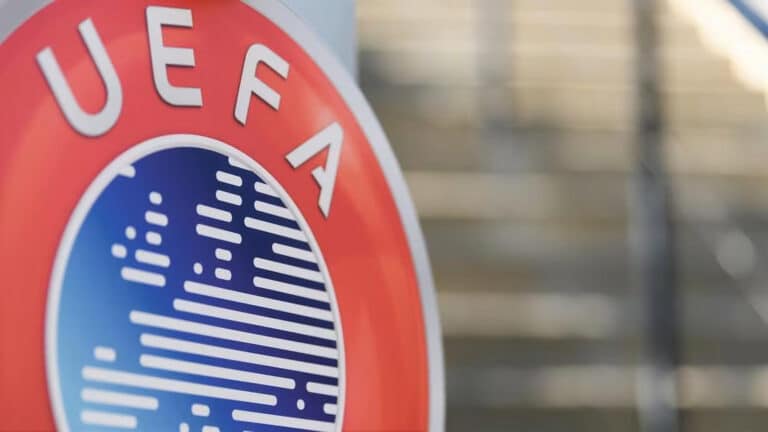STV could face a summer of disruption as journalists working on STV News vote for industrial action over pay.
Potential strike action could affect event coverage including the Euros – Scotland kick off the event against hosts Germany in June in only their second appearance in a major international football finals this century – and a possible Westminster spring election, as well as daily lunchtime and evening news bulletins, the NUJ in Scotland has warned.
Staff at the broadcaster, which has offices in Glasgow, Edinburgh, Dundee, Aberdeen and Inverness, are returning voting papers for industrial action after last minute talks brokered by ACAS ended in stalemate after the company refused to make an improved offer on pay.
A previous indicative ballot held by the National Union of Journalists showed 84 per cent of members were in favour of strike action on a turnout of 94 per cent.
The current pay offer represents an increase between 2.5 per cent for some staff and no higher than six per cent for lower earners after a year in which the inflation rate as measured by the Consumer Prices Index, including owner occupiers’ housing costs, was as high as nine per cent.
STV holds the Channel 3 licence to cover Central and North Scotland and is the only part of Channel 3 which is independent from ITV.
Between 2019 and 2022 STV made a total of £87.2m operating profit on total revenues of £513.2m. Predicted profits for 2023 are around £20m after a spending spree which has een the broadcaster purchasing Greenbird Media for £21.4m in July 2023 and in January 2024 doubling its stake in Two Cities television to become a majority shareholder.
STV’s flagship bulletin News at Six has recorded a higher audience than BBC Scotland’s news programme for the past four years, as well as outperforming the ITV Evening News, News at Ten and Channel 4 News.
Nick McGowan-Lowe, the NUJ’s national organiser for Scotland said: “STV News is Scotland’s most-watched news channel for the past four years in a row, and that is down to the talent, skill and hard work of our members in the newsrooms around Scotland.
“Without that award winning coverage, which allows STV to fulfil its public service obligations, STV wouldn’t be able to have secured the renewal of their Channel 3 licence. It’s frustrating that after a year of reporting the impact of the cost of living on communities across Scotland that management are insisting that their own staff ‘s pay should be eroded by inflation at a time of increased costs for housing, electricity and food.
“The STV board can avoid costly and damaging strike action, as well as angering their loyal audiences who depend upon the broadcaster’s news coverage, by coming back to the table with a meaningful offer that shows they value the work of our hard-working members.”
An STV spokesperson told Prolific North: “Like most businesses, STV is not immune from the adverse and unprecedented economic backdrop. We remain committed to rewarding our staff, and given these circumstances, the offer is fair and financially sustainable.
“STV’s pay award will increase salaries by at least inflation for over half of our news colleagues, and provides the opportunity for a bonus payment subject to 2024 financial performance. The proposed pay structure, which was agreed by joint unions, intentionally provides a higher pay award to colleagues on lower salary levels.
“STV has developed contingency plans which would minimise any impact on our audience should NUJ members vote for strike action.”
NUJ members at STV last voted for industrial action in December 2022 when a last-minute deal by STV management avoided strikes.














